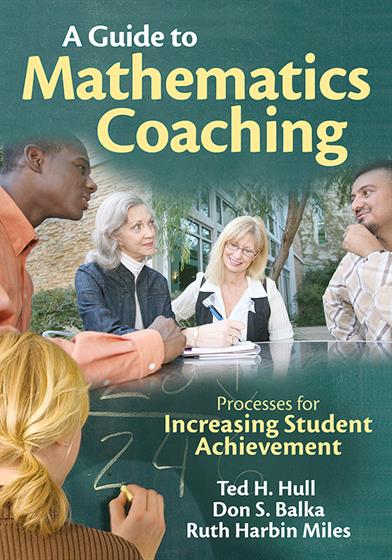
Hands-on, Practical Guidance for Educators
From math,
literacy, equity, multilingual learners, and SEL, to assessment, school counseling,
and education leadership, our books are research-based and authored by experts
on topics most relevant to what educators are facing today.
Bestseller!
A Guide to Mathematics Coaching
Processes for Increasing Student Achievement
Engage math teachers and foster productive collaborations through an effective coaching process that builds trust and rapport and leads to better teaching practice and increased student achievement.
Product Details
- Grade Level: K-12
- ISBN: 9781412972642
- Published By: Corwin
- Year: 2009
- Page Count: 176
- Publication date: August 11, 2009
Review Copies
Review copies may be requested by individuals planning to purchase 10 or more copies for a team or considering a book for adoption in a higher ed course. To request a review copy, contact sales@corwin.com.




